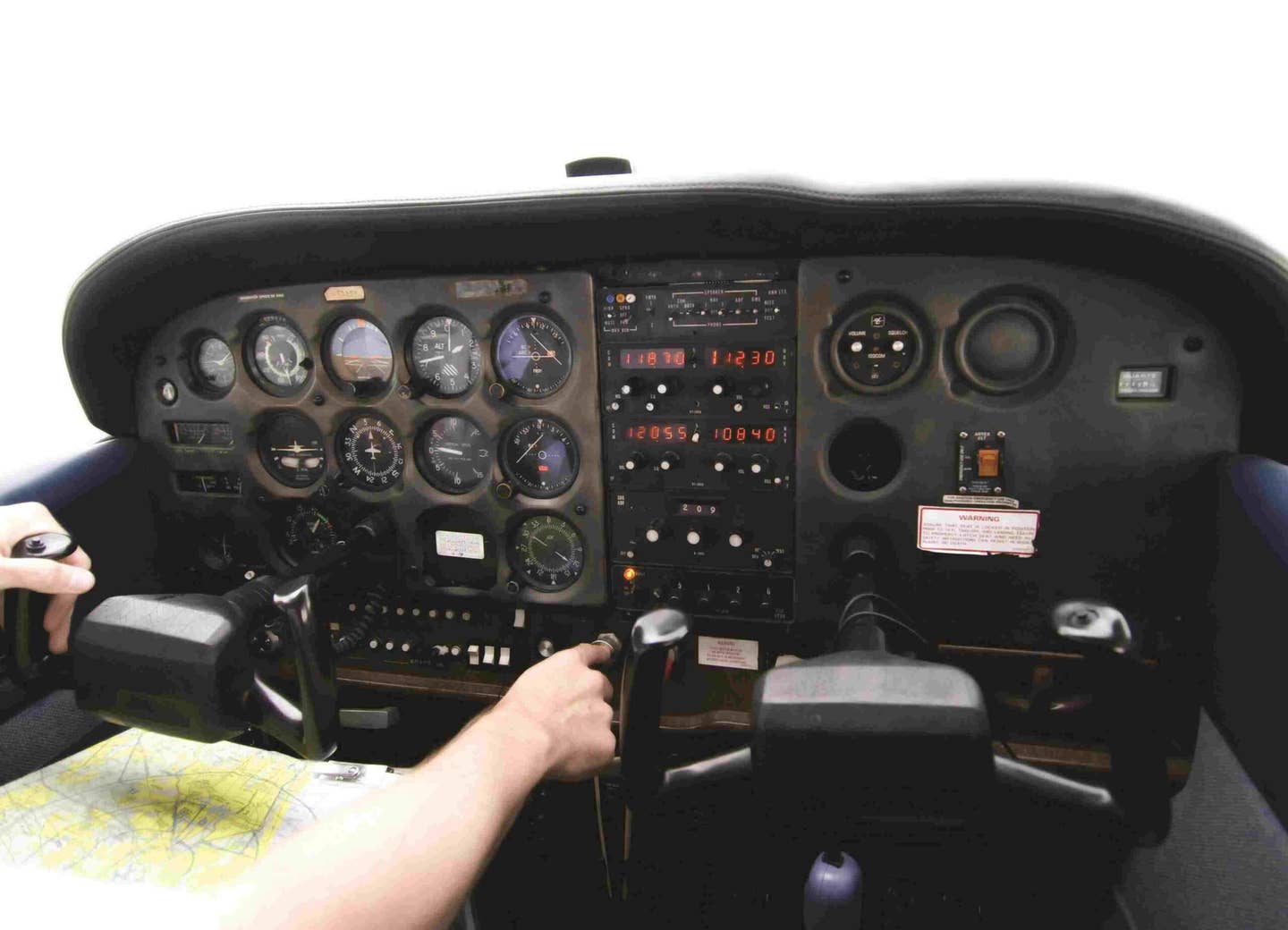Finding an Advocate in Flight Lessons
Pilot training is a lot easier when a student is working with a CFI who is invested in their success.

Most first-time flight students accept this, not knowing that they can change instructors if it’s not a good fit. [Credit: iStock]
At many flight schools the business model is whoever is available that day and whose schedule matches your own becomes your flight instructor.
Most first-time flight students accept this, not knowing that they can change instructors if it’s not a good fit. They may not know it’s not a good fit unless someone points it out to them.
Your instructor should be available at least twice a week for lessons, should be able to answer your questions and provide you with a syllabus, or at the very least an outline of what you can expect in each phase of training. And perhaps most importantly, your CFI should be your advocate—helping you over the obstacles and, to some extent, helping you move forward in your training.
School Culture
By definition, an advocate is someone who supports a cause or person. In this case, the flight student is also the customer.
Ask if the flight school business model supports CFI advocacy for the learners. You may get a deer-in-the-headlights look. It often boils down to a single CFI assigned to a learner, rather than the learner flying with whomever is available at that time. If there are multiple CFIs working with the learner, it can be challenging for the student to connect with an individual and for a particular CFI to become an advocate for them.
The benefit of having a CFI who will advocate for you can make all the difference. It is a lot easier to learn when you are working with a CFI who is invested in your success. This CFI will give you the tools you need to be a safe and competent pilot. You will be taught how to use the syllabus, Airman Certification Standards, Federal Aviation Regulations/Aeronautical Information Manual, Pilot’s Handbook of Aeronautical Knowledge and the Airplane Flying Handbook rather than falling back on the dreaded phrase "my instructor told me."
What to Expect
Having your CFI as an advocate doesn’t mean the CFI will pencil whip your logbook, bribe the DPE, or allow you to cut corners. On the contrary, they will learn how to best teach you and then apply that knowledge.
For example, if you are a flight student who needs something tangible to hold in their hand to grasp a concept, your CFI might create a model of airspace for you to hold as you learn.
If you are an athlete and play multiple sports, the CFI may use a sports metaphor to help you grasp a concept. Aiming at a particular spot on the runway and knowing that you will touch down just past it, for example, is similar to the way a forward pass in football is thrown ahead of the receiver.
A CFI who is your advocate will also likely experiment until they find what teaching method works best for you. They will also help you find a DPE that works best with your personality, and may even make introductions to help put you at ease.
A CFI that advocates for you will be supportive when you are successful and offer gentle correction when something needs to change. They will listen to your concerns, encourage you to develop your own weather minimums, and follow the IMSAFE pilot fitness checklist.
There will be days when the weather is beyond your capability and comfort level, and, to some extent, what can be managed by dual instruction. Remember, the purpose of flight training is to teach someone how to fly, not for the CFI to show off their skills. Both the CFI and learner need to ask themselves, “What will the learner get out of this today?”
There may be times when the flight student perceives they are not being treated fairly, such as if they were not allowed to fly because their airplane was given to someone else. Perhaps it was because those other learners had check rides coming up in a day, and those take priority. This needs to be explained to the student up front because hard feelings limit learning.
If it appears the school is trying to stretch out a learner’s training by only allowing them to fly once a week, it’s time to have a talk with the school scheduling department. It may not be aware that this tactic is not in the best interest of the flight student, as it makes it near impossible to retain knowledge or skill.
If the student is getting in their own way but not having the time or resources to fly more than once a week, it is time to have a talk with them about putting off training until they have the time and resources to commit to flying at least three times a week.
If it comes down to a personality clash between the learner and CFI, it’s best for the flight student to fly with someone else. Be up-front, be polite, be professional, and make the change. Remember, learning to fly is about the student’s needs.
To the flight students, if your CFI suggests you fly with someone else, this can be a favor. If they truly are your advocate, they want what is best for you.

Sign-up for newsletters & special offers!
Get the latest FLYING stories & special offers delivered directly to your inbox






